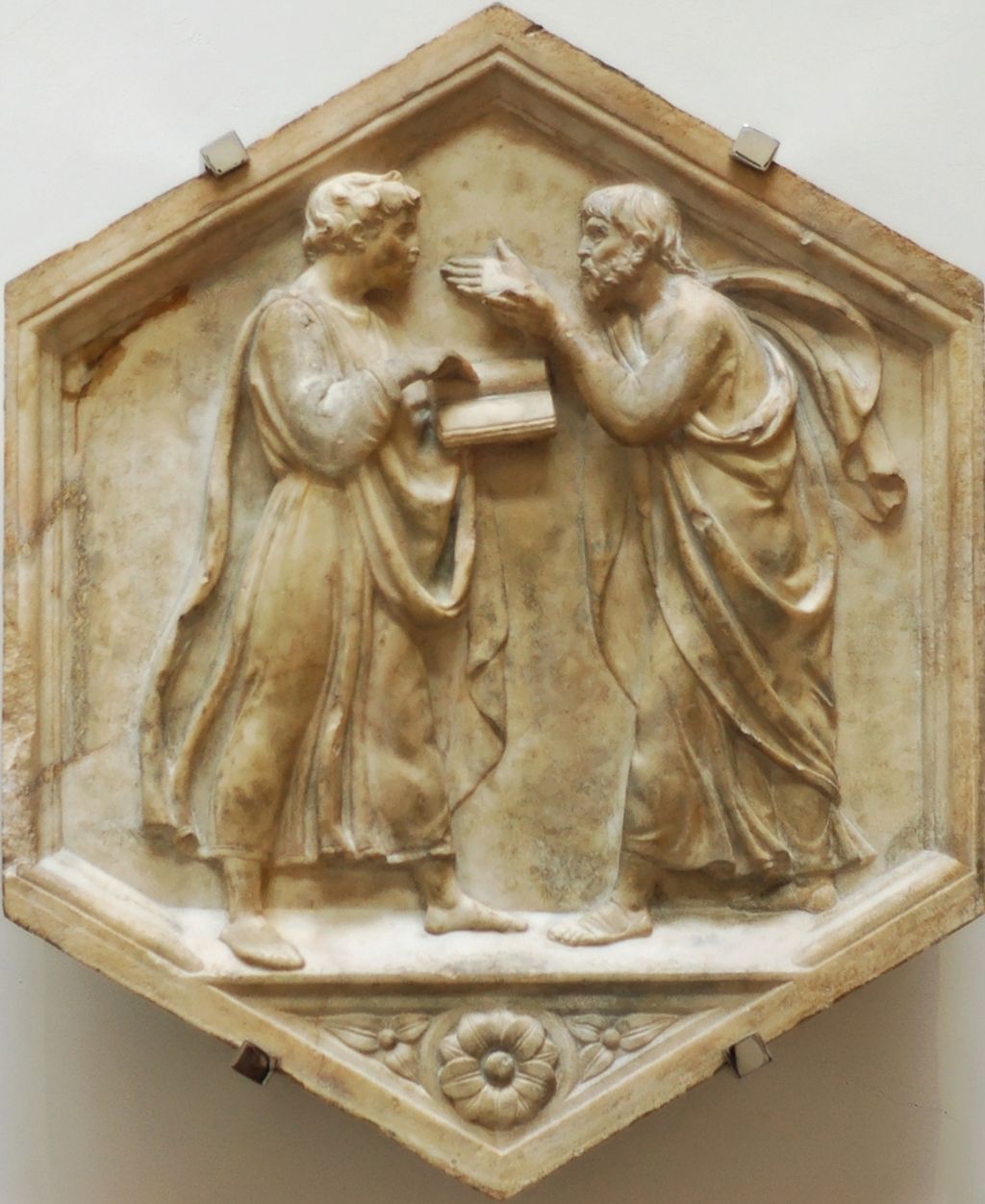What is a purpose of history education? (Pedersen)
3 November 2015 - 11:03am
 What is the purpose of history education? I concede there are many. However, I want to explicate a single, necessary line of thought in reference to student and teacher experiences in the history classroom. History education requires a parallel to modernist thinking on education as a reduction of épistème (theoretical knowledge) and phronesis (moral knowledge) to techne (skills/knowledge for production). Rather than the exertion of autocratic rule over education; people should embrace education as a process that happens to the human enterprise; not as a process that is consciously achieved within human culture, but as a process that achieves culture.
What is the purpose of history education? I concede there are many. However, I want to explicate a single, necessary line of thought in reference to student and teacher experiences in the history classroom. History education requires a parallel to modernist thinking on education as a reduction of épistème (theoretical knowledge) and phronesis (moral knowledge) to techne (skills/knowledge for production). Rather than the exertion of autocratic rule over education; people should embrace education as a process that happens to the human enterprise; not as a process that is consciously achieved within human culture, but as a process that achieves culture.
A dialogical theory of education situates teachers and students within the experience of dialogue and in a logic of question and answer in which no one has the last word. Within education both individuals and traditions are formed and formulated (Gallagher, 1992). Therefore, an educational experience need not be reduced to an enterprise of individual authoritative control (1992). The subject, (not a subjective individual), with its own authority to exert influence is necessary for the educational experience, a playful experience of question and answer, back and forth. It forms the soul and leaves us not in secure possession of the truth but in its relentless spirit” (Fairfield, 2011, p. 3).
History education must not be solely productive and employed to solve modern problems. History education justifies itself beyond it’s production of realized dogmatic iterations of the past, a solidification of tradition, an answer to a problem, or the stultification of students’ intelligence. History teaching and learning as a dialogical experience concerns itself with understanding as self-understanding (where each person understands the subject in their own way).
A moderate hermeneutical approach explicates education as an experience of dialogical understanding rather than utilitarian for the acquisition of techne. An educational theory based upon dialogical hermeneutics exposes the individual to works of art, science and history. Dialogue (or in the case of history, traces or secondary sources) transforms thinking so that understanding and interpretation become synonymous with self-understanding (Fairfield, 2011). In other words, the subjective object of investigation is not the student or teacher. A subject matter is put between partners in dialogue and each come to a self-understanding.
Application is an embedded constituent of Gadamer’s philosophical hermeneutics. According to Gadamer, application is not an occasional aspect of hermeneutics dictated by a person. Rather, application exists within the process of understanding. The person who is trying to understand does not observe a situation from afar. Rather, a person is directly involved and confronted by what they observe (Gadamer, 1989). The application of knowledge from dialogue, unlike that of a techne, does not relate a universal to a multitude of particular situations. In hermeneutics, the truth claims of a text are applicable to the interpreter and their particular situation. Gadamer argues that “the interpreter dealing with a traditionary text tries to apply it to himself. But, this does not mean that the text is given for him as something universal, that he first understands it per se, and then afterword uses it for particular applications (p. 324) In other words, application is the interpreter understanding the significance of the text for the particular situation of understanding that occurs in the present.
This application to self occurs when the interpreter understands their situation and immersion within tradition. In history education, certain traditions or personal prejudices are upheld and others are discarded. This is done through dialogue (either with another person or a text) For understanding to occur, the interpreter relates the text to the situation of understanding. The situation of understanding being discussed in this essay is understanding in the history classroom experience. History education entails the teacher and student ask open questions of tradition (acquired knowledge) to gain new perspectives or what Gadamer names “horizons”. If I were to define what purpose this serves, it is that of being open to the notion that the other might be right.
Works cited
Fairfield, P. (Ed.). (2011). Education, Dialogue and Hermeneutics. London; New
York: Continuum International Publishing Group.
Gadamer, H.-G. (1989). Truth and Method (Second, Revised ed.) (J. Weinsheimer & D. G. Marshall, Trans.). London: Continuum Publishing Group.
Gallagher, Shaun. (1992). Hermeneutics and Education. Albany: State University of New York Press.
Images
Plato and Aristotle, or Philosophy. Marble panel from teh North side, lower basement of the bell tower of Florence, Italy. Museo dell'Opera del Duomo
Wikicommons
- Se connecter ou créer un compte pour soumettre des commentaires

